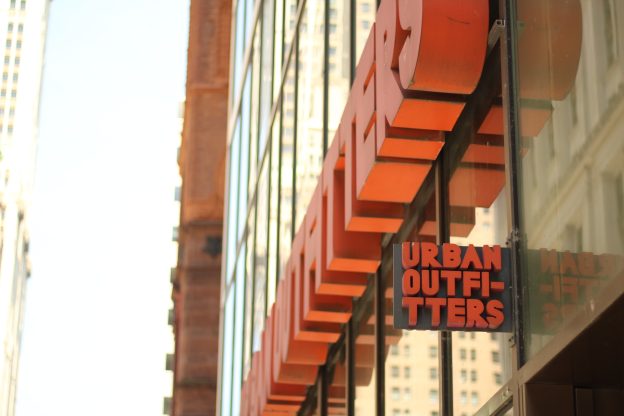Julia Gibson – Urban Outfitters (“URBN”) has gained popularity in the fashion industry for over 50 years by tailoring to the likes of cool and trendy young adults looking to make their style unique. With over 23,000 employees and earning an excess of four billion in sales revenue each year, URBN can be described by some as a fashion powerhouse.
In May 2019, URBN expanded its business model to launch a monthly subscription service called Nuuly. Nuuly is a women’s apparel rental service that provides women with URBN’s brands, designer labels, and vintage pieces via its custom-built digital shopping platform. Customers can choose clothing pieces, fashion them for a month, then swap the pieces for next month’s trends. Prior to Nuuly’s launch, URBN was in the negotiation phase of acquiring Le Tote, a different fashion subscription service established in 2012. However, the deal was never executed, and the acquisition never occurred.
In June 2020, Le Tote filed a lawsuit against URBN, alleging that URBN received access to a wide variety of the company’s business information, including proprietary in-house tools and technological infrastructure and logistical functions, during the failed negotiations. Le Tote’s complaint alleges trade secret misappropriation, and the company has spent the last two and a half years in extensive discovery with the hopes of identifying incriminating evidence against URBN. On February 16, 2023, URBN moved a federal court in Pennsylvania to grant it summary judgment in the case, hoping to end its battle with Le Tote before it becomes a war.
In support of its motion for summary judgment, URBN highlights four key downfalls to Le Tote’s misappropriation claim: lack of standing, lack of specificity, no breach of contract, and a strong preemption bar by the state of Pennsylvania. URBN’s strongest argument in support of its motion for summary judgment is Le Tote’s lack of specificity. The DTSA defines “trade secrets” broadly to include “all forms and types of financial, business, scientific, technical, economic, or engineering information,” such as “patterns, plans, compilations, program devices, formulas, designs, prototypes, methods, techniques, processes, procedures, programs, or codes, whether tangible or intangible, and whether or how stored, compiled, or memorialized physically, electronically, graphically, photographically, or in writing” that (A) the owner has taken “reasonable measures” to keep secret, and which (B) derives independent economic value from being not generally known. 18 U.S.C. § 1839(3).
Even if Le Tote’s shared information fits into one of these categories, the company did not successfully prove the ready accessibility of its methods to the public, or that they are ordinary industry practices. The company also failed to pinpoint the exact property used by URBN that amounts to the use of actual trade secret information.
To overcome summary judgment and ultimately prevail at trial, Le Tote will need to identify its trade secret to a “reasonable degree of precision and specificity … such that a reasonable jury could find that the plaintiff established each statutory element of a trade secret,” and be “particular enough as to separate the trade secret from matters of general knowledge in the trade of or special knowledge of persons skilled in the trade.” Le Tote previously overcame URBN’s motion to dismiss back in 2021, but still faces an uphill battle in meeting its burden of proof in this unique misappropriation case.


